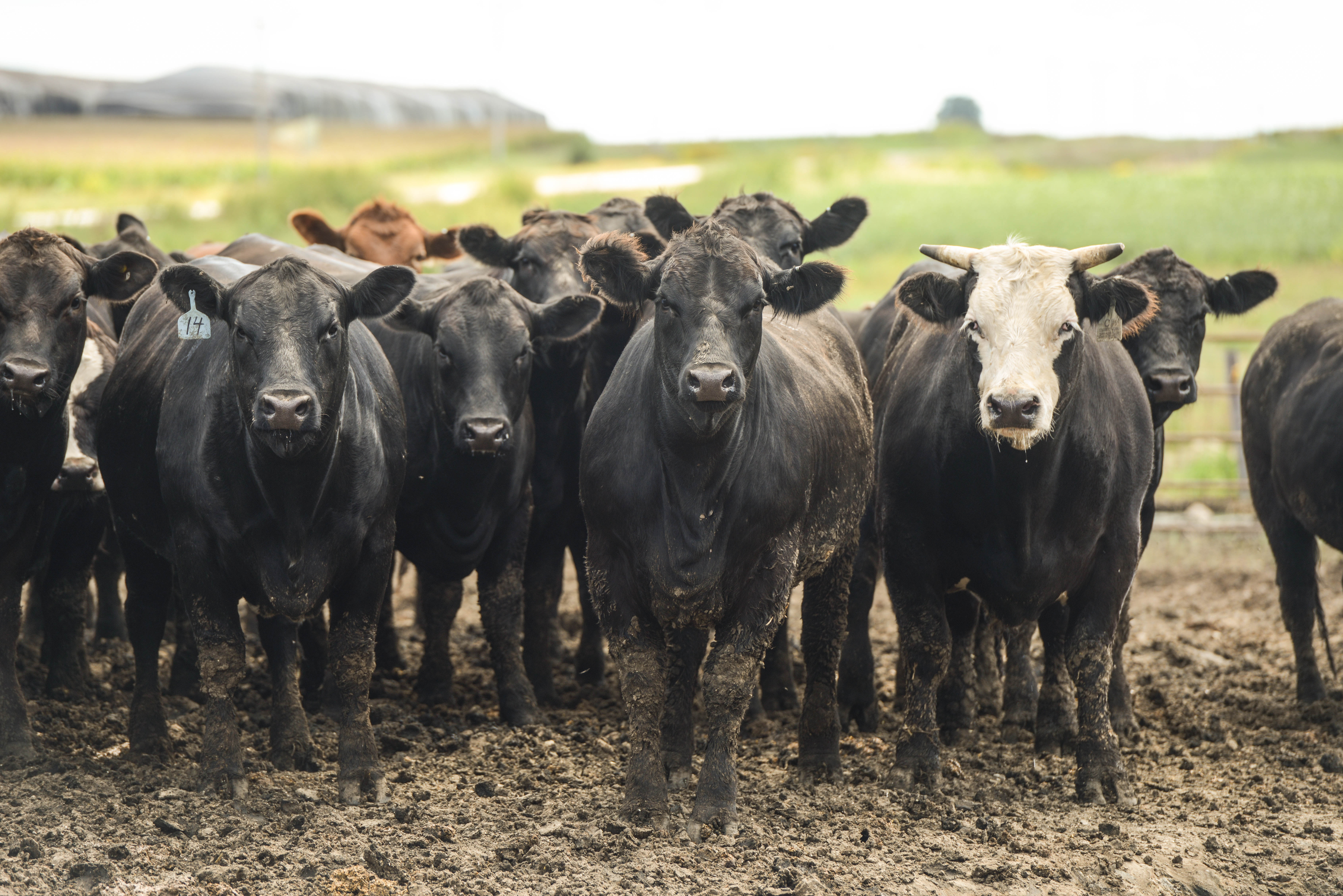
John Sancenito, President of Information Network Associates Inc. and other panelists from law enforcement, law and media backgrounds offered a glimpse at the new activism landscape in America during the Animal Ag Alliance 2021 Virtual Stakeholders’ Summit on May 6. Sancenito said activist narratives about agriculture are changing and evolving. (Photo credit: Iowa Soybean Association)
Agriculture remains top activism target: What to expect when protesters show up
May 13, 2021
The days of large anti-ag protests may be returning sooner rather than later. The momentum behind traditional activism of all kinds and causes ran into a brick wall due to the COVID-19 pandemic in 2020 but the effects of an unusual year have not slowed protest actions. As COVID-19 regulations begin to wane across the country and larger gatherings are being tolerated, agriculture remains one of the chief industries on the minds of activist organizations.
John Sancenito, President of Information Network Associates Inc. and other panelists from law enforcement, law and media backgrounds offered a glimpse at the new activism landscape in America during the Animal Ag Alliance 2021 Virtual Stakeholders’ Summit on May 6.
“People had a little more time on their hands, had a little bit more time to get more committed to the cause in some cases,” Sancenito says. “Direct actions were slightly up, which was a little bit of a surprise to us especially in the second half of 2020.”
Sancenito says the year of social distancing brought popularity to activism tactics like drive-by or car caravan protests and even solitary protests featuring a lone protester to stay within COVID-19 guidelines. Narratives used to embolden action against the agriculture industry also evolved.
“You are seeing a lot of activists trying to link agriculture in climate change and public health issues to agriculture,” says Sancenito. “They’re trying to say it is animals causing global warming and also it is the consumption of animals that is causing pandemics.”
What to do when a protest arrives
Sonoma County Sheriff’s Office Assistant Sheriff James Naugle said the type of activists who are protesting agricultural operations are not usually local citizens and have a separate view on agriculture and what the industry represents. Naugle said it’s law enforcement’s duty to walk the line between balancing First Amendment right of the protestors, but also the rights of the property owners.
The Assistant Sheriff said the delicate balance between First Amendment rights and property rights tips once a violation of the law occurs, usually when protesters enter the property, disrupt business and take property. To keep a protest from getting out of control, Naugle offered how farmers, ranchers and producers could assist law enforcement in keeping the peace:
- Call law enforcement immediately. If not calling 911, know local numbers for law enforcement
- Try not to get involved with protestors
- Have as much information as possible available via authority figure such as the property owner
- Work with ag supporters and organizations on legislation
- Have clear fencing, signage, and boundaries to delineate where people can and cannot be
- Have good quality cameras, lighting and a plan for protests
Taking control of the narrative
Journalists and news media can sometimes be on the scene of a protest to chronicle the situation. Animals are often an emotional subject for Americans and “anything to do with emotion is what sells,” says Nancy Daigneault, principal and founder of On Point Communications. She said some storylines may paint farmers as a villain, with the animals as victims and protestors as the hero figures. She said farmers can be proactive by working with a third party should a crisis arise.
“You have to be prepared in advance with a strategy,” Daigneault says. “You have to have a very clear message and you have to make it so that the reporters and the general public question the villain narrative. You want to manage the issue so people are questioning whether you are the villain. Villains run away, they’ll say ‘no comment,’ they’ll try to hide and evade responsibility because they don’t take responsibility.”
In Iowa, livestock farmers can contact the Coalition to Support Iowa’s Farmers, which works with farmers confidentially to help them grow responsibly. Find out more about the Coalition, which the Iowa Soybean Association sponsors, at their website.
Back